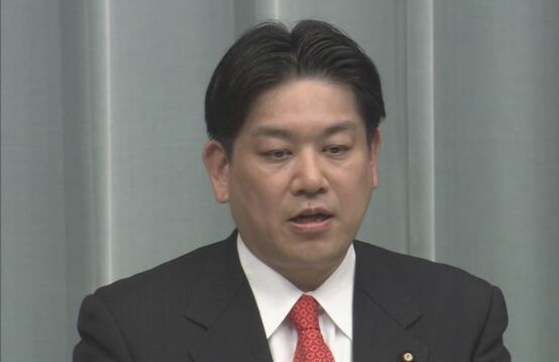The health emergency from Covid-19 has also dragged on a psychosocial malaise. A suffering, often underestimated in the treatment of the pandemic, which is expressed in various manifestations. Sorrow for the loss of loved ones, fear of death and uncertainty about the future, shock from job loss, bewilderment due to the conditions of isolation and restriction of movement, intolerance towards difficult family dynamics and, especially for medical personnel, an exacerbated emotional involvement linked to the suffering of patients and a feeling of compassion.
Emergency situations also always produce psychic emergencies, the symptoms of which continue to manifest themselves after months, if not years. In jargon, the phenomenon is referred to as “long wave”. In mid-October the study center of the National Council of Psychologists, Cnop, found that over half of the national population recorded a level of psychological stress between 70 and 100 on a per cent basis. It remains at the same levels of the lockdown, but with more worrying characteristics. At that time the anxious component prevailed, mitigated by a perspective of liberation; while today anger predominates, depression and strong disorientation.
“There is an aggravation of existing symptoms, or they resurface previous trauma, or new cases of mental disorders arise “, explains Rosa Romano Toscani, psychotherapist, founding member of Italian Society of Psychoanalytic Psychotherapy, which he published Emotions at the time of the coronavirus. A crisis of psychic suffering exacerbated by the impossibility of practicing psychoanalytic therapy with physical proximity in the first instance; then by the need for the therapists themselves to settle on an emergency setting by dealing with their fears and anxieties in order to be able to help patients.
It is therefore not surprising witness a boom in apps like Calm, Talkspace and Headspace that promise help in managing anxiety and stress. In an age where technology, science and medicine are more intertwined than ever, digital health start-ups, including in the mental field, are on the rise. Services offered range from hooking up with a live therapist, to helping to find sleep, rather than sounding libraries of breathing and meditation exercises.
Virtual mental assistance has attracted even greater attention during the Covid-19 crisis, but will continue to be in great demand even in the face of the new post-pandemic normal. We are seeing an acceleration, acknowledges Nate Beyor, expert digital health consultant at BCG Group. Not only do these applications aim to help people overcome certain blocks – of sleep, concentration, phobias – but they want to put treatments normally confined in psychiatric clinic practices directly into their hands with the (risky) promise of self-care: ” Become your own therapist ”.
The three leading companies in digital health, Click Therapeutics, Pear Therapeutics and Orexo have all developed software for treating mental illness with cognitive-behavioral therapy. It is an approach that helps people understand why they think and act the way they do and supports them in changing these habits with specific training. But according to the thinking of many psychotherapists, it is an approach that generally suppresses the symptom but does not cure the root causes of the discomfort. The discriminating factor is not the cost, because these applications can cost as much as a course of therapy and drugs, but they are ubiquitous, accessible and less demanding (as a mental discipline) than the interpersonal relationship with a psychotherapist. Somryst, the first App that received the approval of Food and Drug Administration for insomnia treatment costs nearly $ 900, while Click develops CT152 a digital treatment for depression.
Can’t it be dangerous to put clinical psychology tools in the patient’s hands? As a prompt intervention in exceptional cases such as those of a pandemic wave, perhaps it can help, but in psychic suffering the direct relationship between humans remains central, and not mediated with a machine interface. Not surprisingly, the Ministry of Health activated, in the post-lockdown, a remote psychological service that received over 50 thousand calls, the only one of its kind. Divided into four free interviews plus a follow-up to assess whether it was necessary to refer the applicant to public health and social services, the initiative was made possible thanks to the network of 500 emergency psychologists of the Civil Protection, to whom they joined for a second level of in-depth and competent listening, the 1,500 psychotherapists affiliated with associations belonging to the Cnop Council.
© REPRODUCTION RESERVED
–


